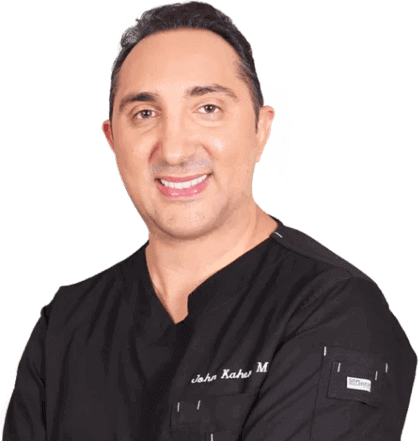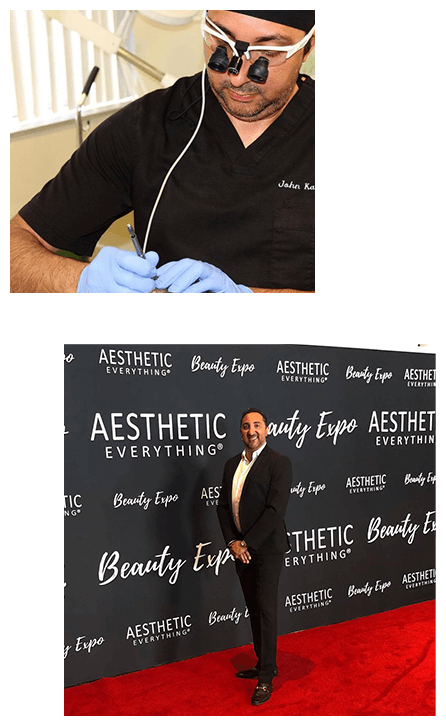Best Hair Transplant Doctor in Los Angeles
Dr. John Kahen, MD

Actual BHHR Patient
Individual results may vary
Dr. Kahen has been a member of the International Society of Hair Restoration Surgery since 2007. Recognized as the Best Hair Transplant Doctor in Los Angeles, his expertise and innovative techniques have transformed countless lives.



Actual BHHR Patient
Individual results may vary
Hair Transplant Consultation
The most important solution to your hair loss starts with reserving your consultation.










